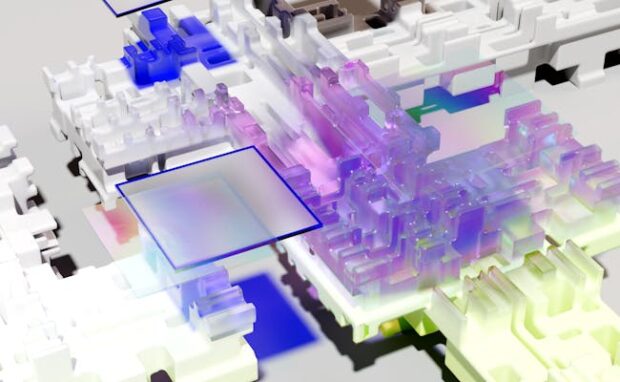US says AI can’t hold patents
Modern artificial intelligence can create text, images, videos, and other media with minimal human intervention.
In response, artists fear AI may prevent them from promoting their work and gaining proper recognition as AI-generated content floods the world. Fortunately, the United States Patent Office took a stand for human creativity in its latest statement.
The government agency declared that patent applications cannot list AI programs as inventors. In other words, artificial intelligence can’t become the official creator of any product or service. For example, an AI image generator can’t say that it owns a specific image made by a user. Also, people should disclose if they used AI in their invention.
This issue will eventually affect how the world treats AI-generated works, so we should all pay attention. Let’s delve further into the latest guidance on AI patents and explore relevant incidents.
How will the US treat AI patents?

The US Patent and Trademark Office (USPTO) published the “Inventorship Guidance for AI-assisted Inventions” on February 13, 2024. It says artificial intelligence systems and other “non-natural persons” cannot register as inventors of products and services.
Specifically, the statement said, “The use of an AI system by a natural person does not preclude a natural person from qualifying as an inventor.”
“Non-natural persons” refer to “entities that would not qualify as natural persons under the law. Modern artificial intelligence can act like they have personalities, so this provision might deter people who want to use those tools as a loophole.
Humans can use AI tools in creating their masterpieces but must disclose if they do. More importantly, the person using artificial intelligence must contribute significantly to an invention’s creation.
For example, If you only told DALL-E or Stable Diffusion to make something, you won’t count as the result’s inventor. In other words, presenting a problem to an AI tool and then “recognizing and appreciating its output as a good invention cannot qualify for a patent.
READ: Lunar Anthropocene is now, says scientists
“However, a significant contribution could be shown by the way the person constructs the prompt in view of a specific problem to elicit a particular solution from the AI system,” the USPTO says.
People can’t file for AI patents even if they own their proprietary artificial intelligence. Specifically, the patent office states “maintaining ‘intellectual domination’ over an AI system, does not, on its own, make a person an inventor.”
A previous Inquirer Tech article reported that the US Copyright Office held a public comment period for AI copyright on August 30, 2023. The feedback it received guided the USPTO’s latest guidelines for AI patents.
Japanese author admitted to using ChatGPT

We need AI guidelines on intellectual property because more artists are using artificial intelligence. For instance, Rie Kudan admitted she used ChatGPT to make parts of her latest novel, “Tokyo-to Dojo-to” (“Sympathy Tower Tokyo).
“I made active use of generative AI like ChatGPT in writing this book,” she said in a previous Inq Tech report. “I would say about 5 percent of the book quoted verbatim the sentences generated by AI.”
Going forward, Kudan said she wants to keep “good relationships” with AI and “unleash my creativity” in coexistence with it. Still, her admission stirred a buzz as her book won the Akutagawa Prize, Japan’s most prestigious pure literature award.
READ: Rollable iPhone might be coming soon
Keiichiro Hirano, a writer and prize committee member, stated on X that her AI usage was not a concern for the selection committee.
“It seems that the story that Rie Kudan’s award-winning work was written using generative AI is misunderstood. If you read it, you will see that the generative AI was mentioned in the work,” he stated.
“There will be problems with that kind of usage in the future, but that is not the case with ‘Sympathy Tower Tokyo,” he added.